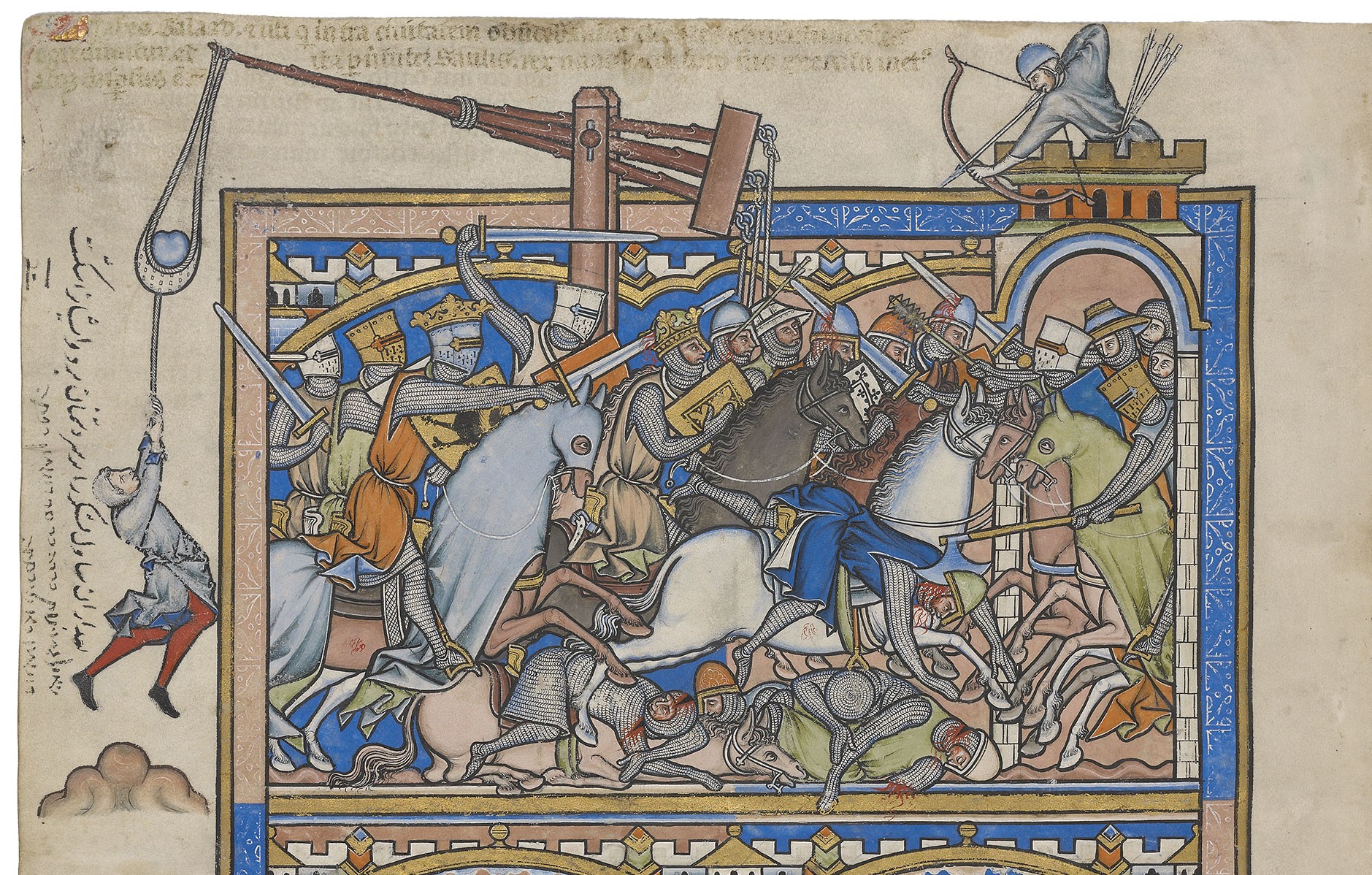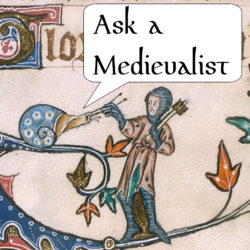Synopsis
In a first for Ask a Medievalist, Em sits down with Sebastian Nothwell to discuss his approach to writing historical/historical fantasy novels. In the process, they get into everything from Victorian steam power to the effects of the peasants revolt of 1381 on the chartists in the 1830s–50s. You can find Sebastian’s website at https://sebastiannothwell.com/.
Notes
1/ British Newspaper Archive: https://www.britishnewspaperarchive.co.uk/
The Dictionary of Victorian London is also a great place for info. It’s composed largely of clippings from newspapers and books of the time, arranged by topic: https://www.victorianlondon.org/index-2012.htm
2/ Victorian Steam Power: https://en.wikipedia.org/wiki/Steam_power_during_the_Industrial_Revolution
3/ The UK shut down the coal plants in September 2024: https://interactive.carbonbrief.org/coal-phaseout-UK/index.html
4/ Buggery Act of 1533 was repealed by the Offenses Against the Person Act of 1837, which nevertheless maintained legal penalties against gay relationships; the last execution for the same was in 1835. https://en.wikipedia.org/wiki/Buggery_Act_1533
5/ “Blorbo” means favorite character.
6/ We’ve previously talked about the effects of the plague in episode 2. And we talked a little about the peasant’s revolt in episode 87.
7/ The Chartists: https://en.wikipedia.org/wiki/Chartism
8/ A few relevant novels: A Dream of John Ball: https://www.gutenberg.org/ebooks/357
Wat Tyler, or the Rebellion of 1381: https://babel.hathitrust.org/cgi/pt?id=umn.31951p007357378&seq=9
Ivanhoe: https://www.gutenberg.org/ebooks/82
Sir Gawain and the Green Knight: https://www.gutenberg.org/ebooks/14568 (but there are many, many translations if you look around; we also discussed this in episode 60.)
9/ The Eglinton Tournament: https://en.wikipedia.org/wiki/Eglinton_Tournament
Podcast: Play in new window | Download

